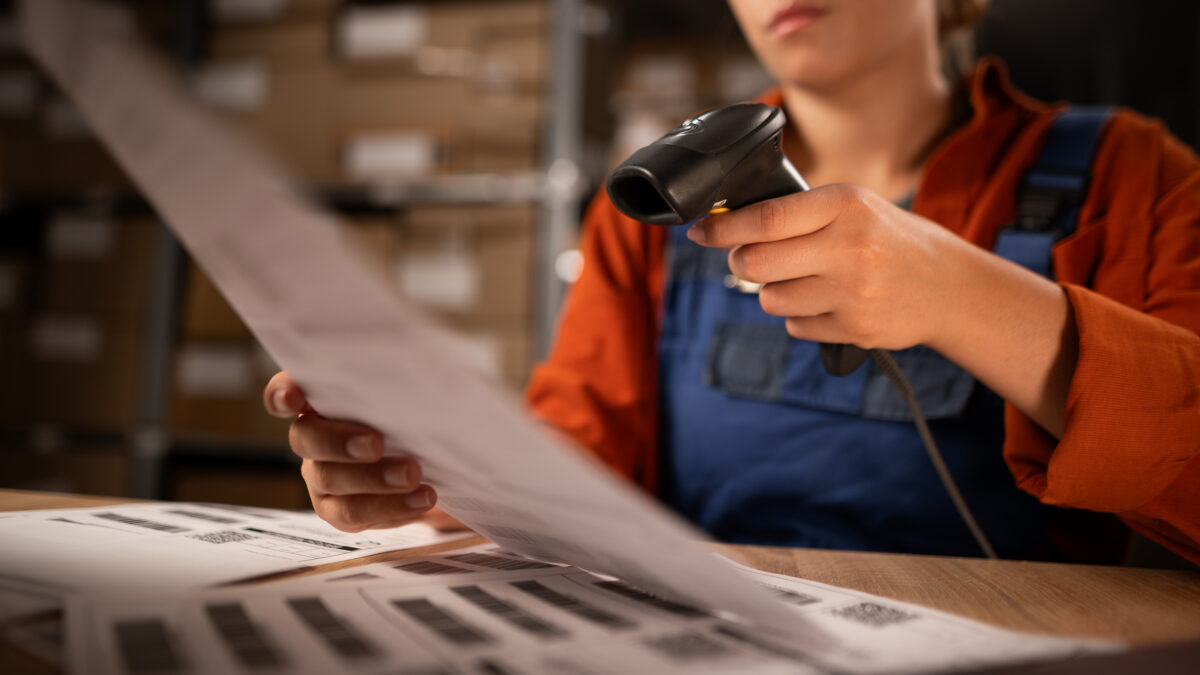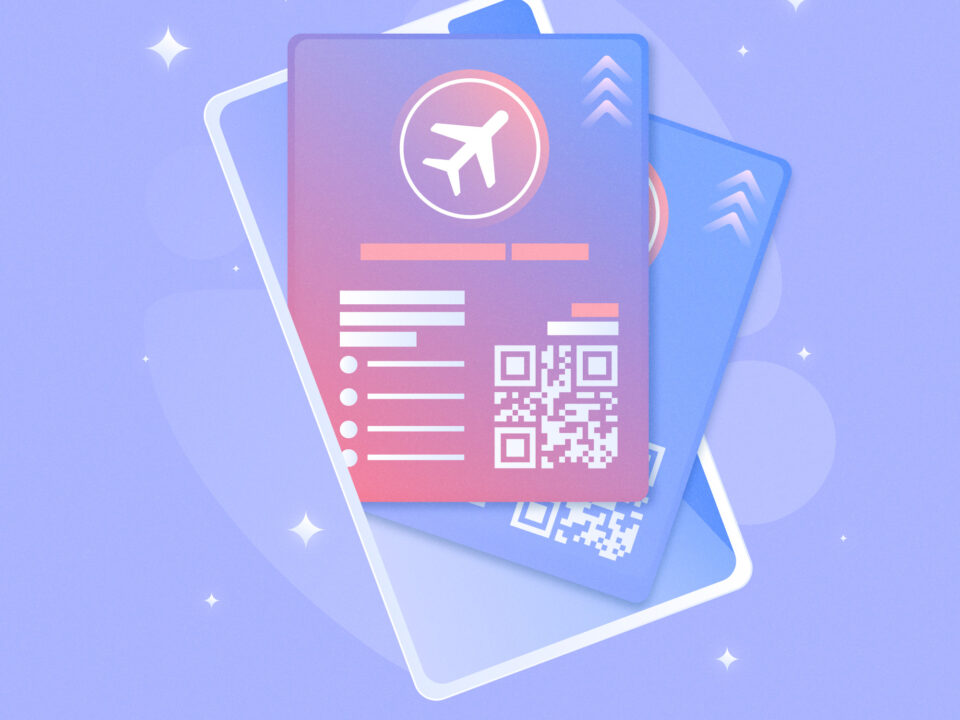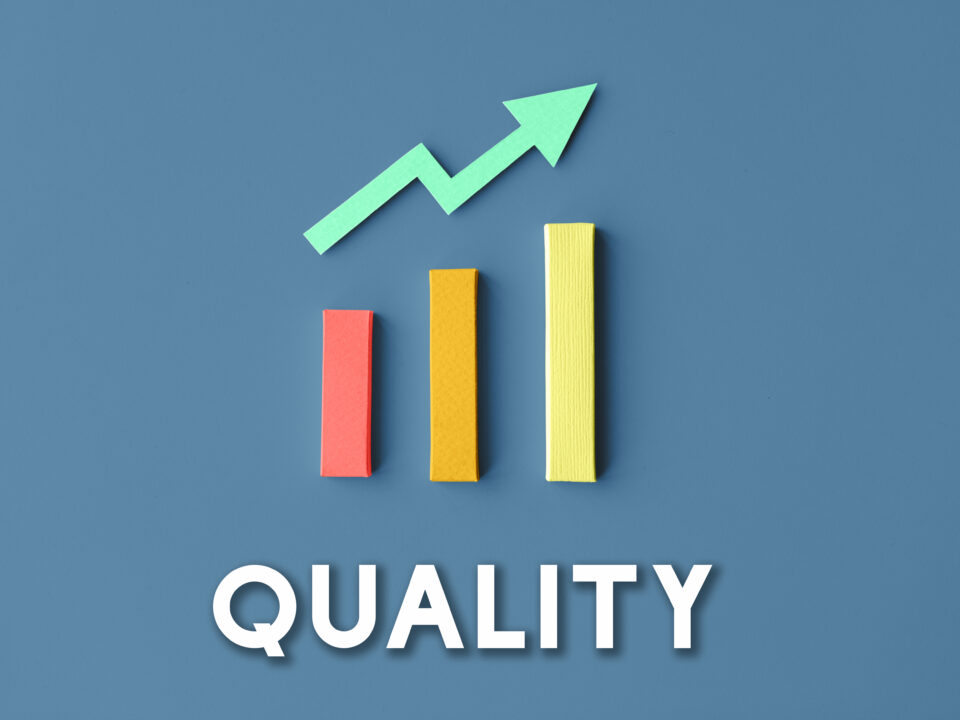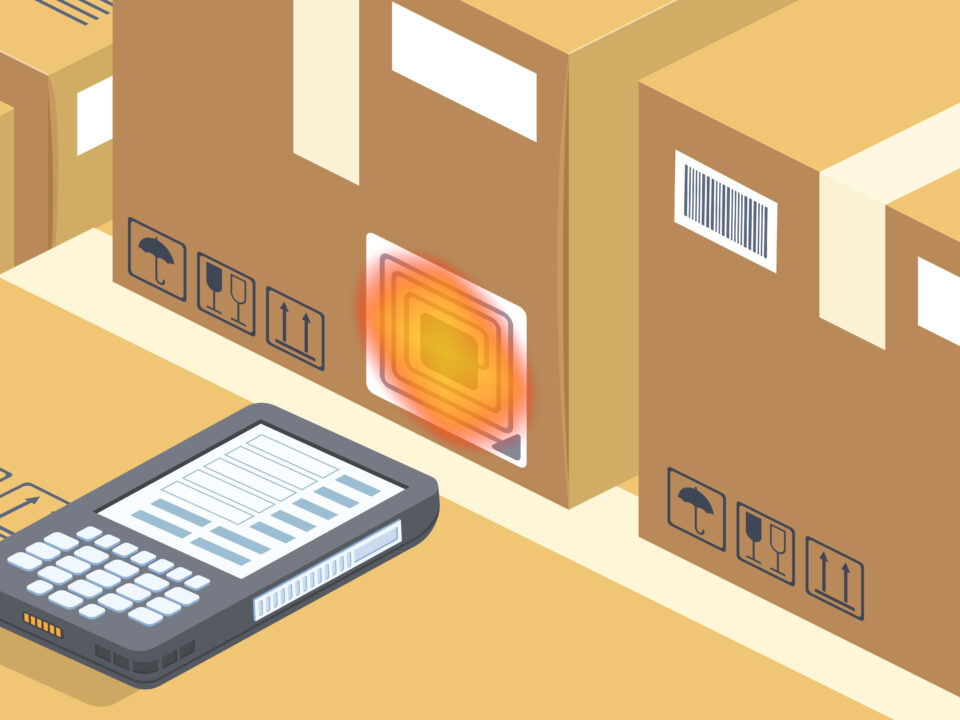
HACCP System for Business Success
October 26, 2025
From Farm to Fork: Why Nutrition Needs RFID?
December 7, 2025In the age of conscious eating, the link between what’s on our plate and where it comes from has never been more important. For dietitians and nutrition professionals, food is more than calories and nutrients — it’s a story of safety, authenticity, and trust. Yet, that story often gets lost in the complexity of global supply chains.
This is where RFID (Radio Frequency Identification) technology steps in — a digital bridge connecting farms, factories, distributors, and ultimately, the consumers who depend on dietitians for accurate, trustworthy nutrition advice.
As companies like Altinteg bring advanced traceability solutions to the food industry, it’s time for nutrition experts to understand how technologies like RFID are reshaping public health from the ground up.
The New Face of Food Traceability

Food traceability used to be a paper trail — handwritten batch records, shipping documents, and fragmented tracking systems that made it nearly impossible to identify where contamination or fraud occurred. Today, technology has turned this manual process into a smart, transparent network.
RFID technology, in particular, has revolutionized the process. By embedding small chips on product packaging or pallets, each item can be automatically tracked in real time — from origin to distribution to retail. Every movement, temperature change, and storage condition can be logged and verified digitally.
This isn’t just efficiency for manufacturers; it’s accountability for the entire food ecosystem. And that accountability directly supports what dietitians value most: consumer health and confidence.
When Traceability Meets Nutrition

Dietitians are often at the front line of public trust. Whether working in hospitals, wellness centers, or food companies, they help shape dietary decisions based on accurate, safe, and transparent information. But what happens when food data is incomplete or unreliable?
That’s where traceability becomes a vital ally. Here’s how RFID-enabled systems, like those offered by Altinteg, can strengthen the link between traceability and nutrition outcomes:
Allergen and Ingredient Transparency
With RFID, ingredient data can be stored and accessed instantly. Imagine scanning a product and viewing not just its nutritional composition but its verified origin, allergen control records, and storage conditions. This level of insight empowers dietitians to give safer, more personalized recommendations — especially for clients with food sensitivities or medical conditions.Improved Food Safety in Institutions
In hospitals, schools, or elderly care facilities, even one case of foodborne illness can be critical. RFID allows automatic temperature monitoring and expiry tracking. If a batch of perishable goods exceeds safe storage limits, alerts are triggered instantly. This proactive system helps prevent unsafe food from reaching vulnerable populations.Sustainability and Authenticity Verification
Dietitians increasingly guide consumers toward sustainable and ethically sourced foods. RFID supports that by verifying authenticity — confirming whether a product labeled “organic,” “local,” or “sustainably caught” actually meets those claims. In a market flooded with misleading labels, that’s a major step toward honesty in food communication.Faster, Smarter Recalls
When food recalls happen, speed matters. RFID traceability enables rapid identification of affected batches, reducing risk to consumers and minimizing waste. Dietitians who understand and promote such systems play a key role in educating the public about the importance of safe sourcing and accurate labeling.
From Supply Chain to Health Chain

Public health depends on more than medical care — it relies on a secure food system. Outbreaks of salmonella, listeria, or allergen contamination can undermine years of nutrition education in an instant. RFID-driven traceability transforms the food supply chain into what we could call a “health chain” — where every participant, from farmer to dietitian, contributes to collective safety.
The data precision that RFID provides supports more than just logistics. It generates reliable insights into shelf life, quality control, and even carbon footprint — information that nutritionists can integrate into diet planning, sustainability consulting, or policy recommendations.
When dietitians advocate for transparent food systems, they don’t just protect individual health — they influence industry standards and consumer behavior at scale.
Altinteg: Bridging Technology and Trust
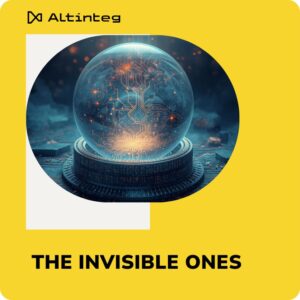
At the heart of this evolution are companies like Altinteg, which specialize in integrated RFID traceability solutions for food industries. Their mission aligns closely with that of health professionals — to build a safer, smarter, and more transparent food environment.
Altinteg’s systems enable real-time tracking, data accuracy, and compliance with international food safety standards such as HACCP, ISO 22000, and BRCGS. But beyond compliance, they contribute to the growing culture of traceability, where every stakeholder — including dietitians — plays a role in maintaining trust between producers and consumers.
By connecting digital technology with food integrity, Altinteg supports professionals who care about both nutrition quality and public health outcomes.
Conclusion
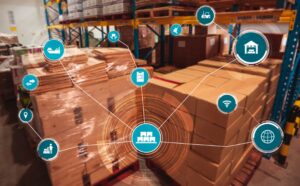
For dietitians, embracing traceability technology isn’t about becoming tech experts — it’s about recognizing the broader impact of accurate food data.
The more traceable our food becomes, the safer our diets, the stronger our health systems, and the higher the public trust in nutrition guidance. RFID is not just a supply chain innovation; it’s a public health tool that supports the same mission dietitians champion daily — safe, transparent, and trustworthy nutrition for everyone.
As traceability moves from being a technical requirement to a public expectation, dietitians who understand and promote technologies like Altinteg’s RFID systems will stand at the forefront of a safer, more informed food future.
